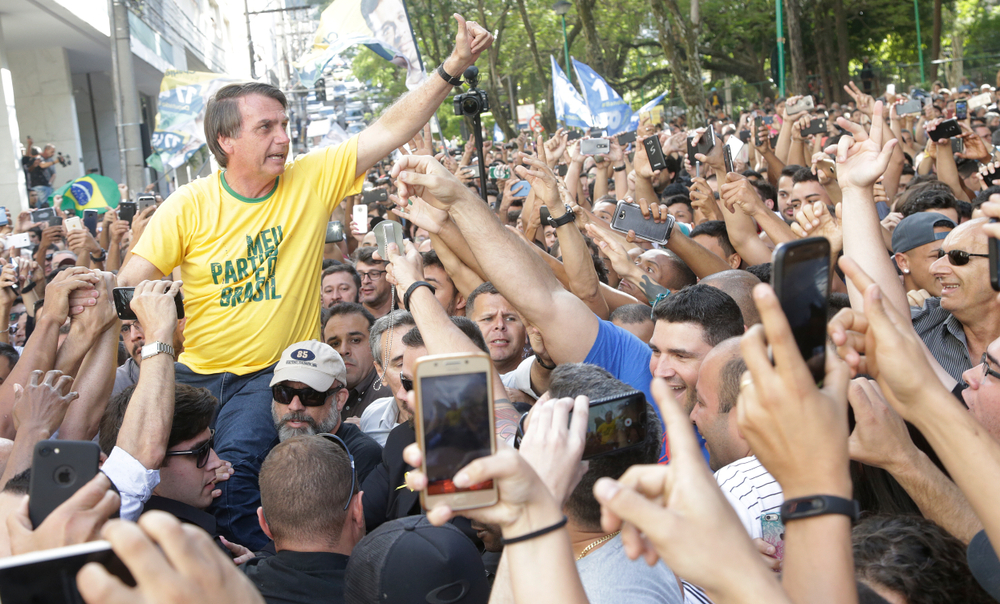While the rise of populist politicians in the U.S. and Europe attracts significant attention from the media and researchers alike, the drivers of populism taking hold in emerging and developing economies still receive relatively little scrutiny.
But a new working paper, called “Roots of dissent: Trade liberalization and the rise of populism in Brazil,” provides new evidence tracing the rise of populism in Brazil — through both the victory of presidents Luiz Inácio Lula da Silva, in 2002, and Jair Bolsonaro, in 2018 – to regional economic shocks caused by a process of trade liberalization that began in the early 1990s.
Both Lula and Mr. Bolsonaro were able to mobilize voters by amplifying divisions caused by these trade shocks and subsequent periods of austerity. However, the two leaders were elected on very different platforms and at diametrically opposed points of the political spectrum.
Economic shocks of the 1990s
In 1990, the government of Fernando Collor de Mello began implementing a vast program of trade liberalization in an attempt to modernize the Brazilian economy. Between 1990 and 1995, import tariffs were reduced from an average of 30.5 to just 12.8 percent.
This reduction was not equally distributed across regions and sectors, however. For instance, while the...


 Search
Search






































